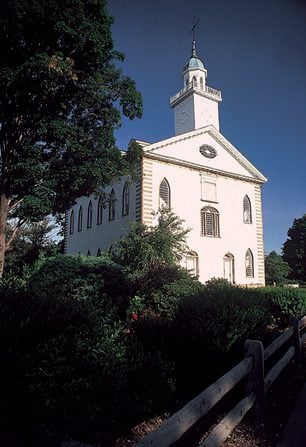
(LDS.org)
I posted an entry on Wednesday about the premiere of the excellent new film Joseph Smith: American Prophet:
Here are some links where you can see and learn more about it and follow news about it:
https://www.josephsmithamericanprophet.com/
https://www.facebook.com/Joseph-Smith-American-Prophet-127535557872204/
https://twitter.com/LGrobergFilms
Contact your local PBS station and express interest in having the film shown in your area.
***
And now for a rather different treatment of Joseph Smith — not quite four minutes long — created by Brett Singley, performed by Brother Singley and his sister Hayley Kirkland, and inspired by the hit play Hamilton:
It probably won’t be to everybody’s taste, but I like it. Especially as it goes on.
***
Here’s some BYU news out of the Near East:
***
Further notes toward an autobiography, with a faith-promoting aspect:
My father grew up Lutheran, on a small farm in rural North Dakota. At one point at least, his mother hoped that he would become a minister. But he never felt the call. Not even remotely. For a time, he went to forestry school. And then, like so many in that era — like his own oldest brother, in fact, and, eventually, like all of his brothers — he moved out to southern California, where economic opportunity beckoned. (He would, I think, be amused and delighted that beckoning economic opportunity has, in recent years, brought many to a booming North Dakota.)
But it was the time of the Great Depression. He worked construction with his brother George, joined Roosevelt’s Civilian Conservation Corps, and eventually enlisted in the Army, where he was sent to join the Cavalry — it still existed in the 1930s — and where he was serving when the Japanese attacked the U.S. naval base at Pearl Harbor.
That was it. He was stuck. He always remembered with a chuckle the note that he received (like so many others) from President Roosevelt. “Greetings!” it began, informing him that he would be in the Army “for the duration of the war.”
He was sent to study German at the University of Chicago, and he was trained in intelligence and photo reconnaissance interpretation at Camp Ritchie, Maryland — where, at roughly the same time, Hugh Nibley was also studying, along with a large number of other people who had high IQs and unique backgrounds. (I have no idea whether he ever encountered Dr. Nibley there; neither would have seemed significant to the other at the time.)
By the end of the war, he had been attached to the Eleventh Armored Division, in General Patton’s Third Army, as a staff sergeant. He spent quite a bit of time at High Wycombe, between London and Oxford, during the time leading up to D-Day. He participated in the liberation of the concentration camp at Mauthausen, in Austria, and was demobilized thereafter in Paris.
Returning home, he and his younger brother Ernest began a construction company in southern California. It prospered. He married my mother, a marginal but occasionally participating Latter-day Saint. He joined the Church on the night that I was set apart as a missionary to Switzerland. I baptized him and my (half-) brother confirmed him. My Uncle Ernie died suddenly, though, midway through my mission, and my father lost much of his interest in his business. It simply wasn’t the same, anymore. After he and my mother came over to pick me up in Zürich, he never really quite got back into it, leaving it increasingly to my brother to run.
One of the things that had made Dad hesitate to join the Church right up to the last minute was the principle of tithing. He simply couldn’t see how it would be feasible to take a 1o% pay cut right off the top and still have enough capital for the business and everything else to go well.
Afterwards, though, he told me with astonishment how the business seemed to do much better after he began tithing. He couldn’t account for it, but he swore that it was absolutely true.
I can’t and won’t promise that everybody’s experience will be the same. But that was my Dad’s. He regarded it as a miracle.











